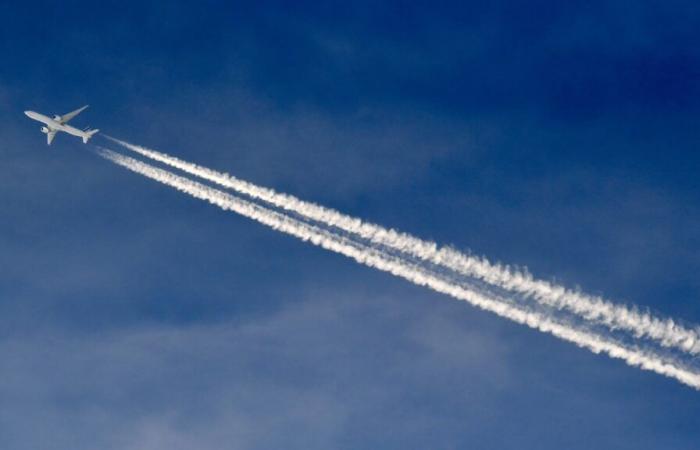A study by Fnam (National Federation of Aviation and its Trades) estimates that traffic will drop by 2% due to the increase in ticket prices paid by French travelers.
The airline industry still cannot digest the government's wishes to triple the tax revenue solidarity on plane tickets (TSBA) in order to fill the state coffers. This increase would come into effect on January 1.
For example, for domestic flights and in Europe, the scale would increase from 2.63 to 9.50 euros in economy class. For flights beyond 5,500 km, the scale would increase from 7.51 to 40 euros.
In addition to the airlines, Fnam (National Federation of Aviation and its Professions) and the Union of French Airports (UAF) have united to denounce the “devastating effects” of this measure, particularly in terms of attractiveness and competitiveness for the French flag in the face of non-European competition.
A drop in traffic observed in Germany
Today, these two players are publishing a study which somewhat puts into perspective the financial gain from this tripling of the TSBA. To summarize, the tax benefits of the measure (850 million euros) will be partly canceled by the reduction in traffic generated and therefore in the related tax revenue.
“According to Fnam’s analyses, the implementation of the new TSBA scale could lead to a reduction in traffic in 2025 of 2% on average across the entire territory and well beyond at certain airports.”
This drop in traffic was, for example, observed in Germany after the tax increase while “other European countries such as Sweden, Ireland, Austria, Italy and Hungary are going back their taxes on air transport”, underlines the study.
On the basis of this “conservative” hypothesis, the new tax would induce, without taking into account the catalytic effects on the rest of the French economy, the destruction of 11,500 jobs and a loss of tax revenue of 510 million euros for the State without taking into account all the effects on all other sectors which depend on air transport.
“In conclusion, the loss of air sector traffic – on the basis of a conservative plan – due to the increase in the TSBA will lead to a potentially greater shortfall for the State budget than the revenues from its collection,” warns the lobby.
Fnam is therefore asking for “a real consultation (and) a transformation (of this increase) into an exceptional contribution in the image of the other sectors requested”.
Abandoned connections?
Another impact which has not been evaluated according to the sector, “the future elimination of numerous air connections, under the effect of the new tax pressure, by low-cost companies currently serving mainly or entirely French regional airports “.
The UAF underlines that “price sensitivity” for these destinations (Editor's note) is extremely strong. This destruction of connections at regional airports will considerably weaken connectivity and the tourist economy of the territories and reduce the location of businesses. in the region.
An argument also taken up by Easyjet: the low-cost airline emphasizes that “price sensitivity is important” for short and medium-haul flights.
“For Easyjet, the rapid and significant increase in taxes on plane tickets directly impacts the purchasing power of consumers and, in the medium term, will especially deprive middle-class households of access to air travel,” can – we read in a press release.
“The middle classes, SMEs or students will soon no longer have access to affordable short and medium-haul flights, but flying should not be reserved for an elite,” even judges Bertrand Godinot, director of Easyjet. for France.
Olivier Chicheportiche Journalist BFM Business






